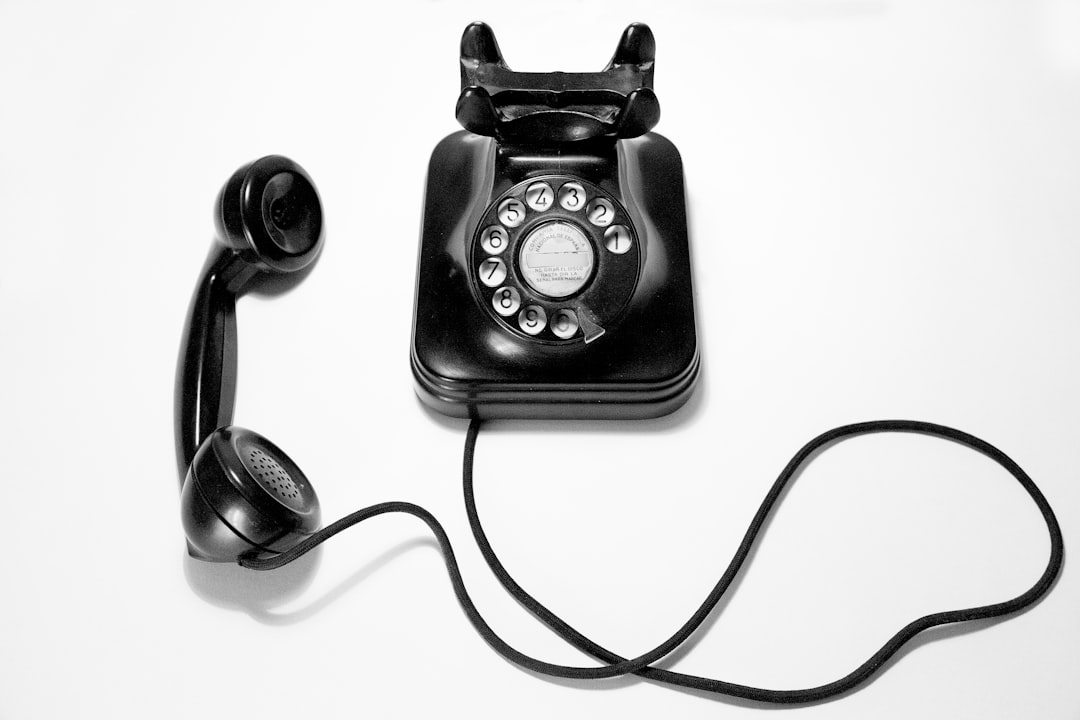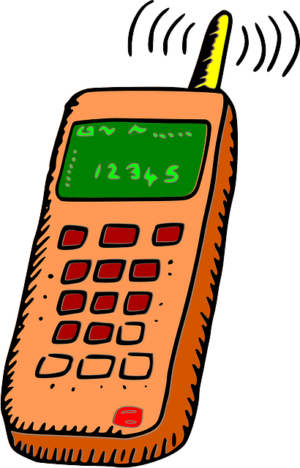New Jersey's stringent regulations against autodialers require businesses to obtain explicit consent and offer easy opt-outs for residents. Consumers facing issues like privacy concerns or unwanted marketing can resolve them through dispute resolution options, often involving an expert autodialer Lawyer New Jersey. These lawyers ensure compliance, defend against complaints, and help protect businesses from penalties while navigating complex legal landscapes.
In New Jersey, handling autodialer complaints requires a deep understanding of state laws regulating automated phone calls. This article guides you through critical aspects of managing such disputes, from recognizing valid concerns under New Jersey’s autodialer regulations to exploring legal defenses and navigating complex procedures. Learn best practices for resolution, ensuring fair outcomes for both businesses and consumers, with insights from an experienced autodialer lawyer in New Jersey.
Understanding New Jersey's Autodialer Laws

In New Jersey, the use of autodialers or automatic telephone dialing systems is heavily regulated to protect residents from unwanted and harassing phone calls. The state’s laws are designed to ensure that businesses using autodialers adhere to strict guidelines regarding consent, opt-out options, and timing of calls. Understanding these regulations is crucial for both businesses seeking to comply with the law and individuals looking to exercise their rights as consumers.
New Jersey requires that businesses obtain explicit consent from recipients before using an autodialer to make phone calls. This means that any automated call should only be initiated after a clear and unambiguous agreement from the caller to be contacted in this manner. Additionally, residents must have the option to opt out of receiving such calls at any time. An autodialer lawyer in New Jersey can provide guidance on navigating these complex rules and ensuring compliance to avoid legal repercussions for businesses and offer recourse for individuals who feel their rights have been violated.
Identifying Valid Complaints and Defense Strategies

Identifying valid complaints is a crucial step in handling autodialer-related issues effectively. In New Jersey, consumers often take issue with automated phone calls due to concerns over privacy, unwanted marketing, or aggressive call tactics. As an autodialer lawyer in New Jersey, understanding these complaints is key. Valid disputes may include excessive or persistent calling, failure to obtain prior consent, or non-compliance with the Telephone Consumer Protection Act (TCPA).
Defending against such claims requires a strategic approach. Lawyers can help clients implement better call management practices, ensuring compliance with TCPA regulations and consumer preferences. This includes obtaining explicit consent for autodialed calls, providing clear opt-out mechanisms, and maintaining detailed records of call campaigns. By adopting these defense strategies, businesses can navigate the complex landscape of autodialer complaints while safeguarding their operations in New Jersey.
Navigating Legal Procedures for Autodialer Cases

Navigating legal procedures in autodialer cases can be complex, especially with strict regulations in place like those in New Jersey. If you’re facing a complaint related to automated dialing systems, it’s crucial to consult an autodialer lawyer in New Jersey who specializes in this area. They can guide you through the intricacies of the law, ensuring compliance and protecting your rights.
In New Jersey, laws regarding telemarketing practices are designed to safeguard consumers from unwanted calls. An experienced attorney will help you understand these regulations, such as obtaining proper consent before dialing and adhering to do-not-call lists. They’ll ensure that any legal actions taken adhere to state guidelines, minimizing potential penalties and legal issues for your business or organization.
Resolving Disputes: Options and Best Practices

When handling Autodialer-related complaints in New Jersey, consumers have several dispute resolution options at their disposal. Engaging an experienced autodialer lawyer is a common course of action. These legal professionals can help navigate complex regulations and ensure fair practices by both businesses and consumers. An attorney specializing in autodialer cases will assess the unique situation, provide guidance, and represent your interests during negotiations or legal proceedings.
Best practices for resolving disputes include documenting all interactions with the automated dialing service, gathering evidence of any perceived violations, and promptly reporting issues to relevant authorities. Many companies have dedicated departments or external agencies that handle consumer complaints. Presenting a clear, concise case backed by substantial proof can lead to favorable outcomes, including corrected practices, refunds, or other compensatory measures.






